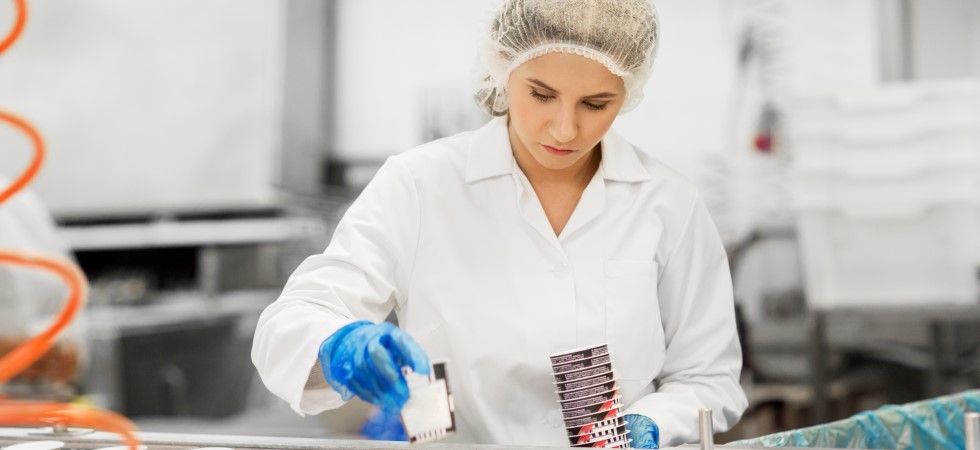The Food and Drink Federation’s (FDF) latest State of Industry report has revealed that confidence among food and drink businesses remains “persistently low”, at -43% in the first quarter of 2025.
A third of businesses (33%), including nearly half (47%) of small and medium sized enterprises (SMEs), said they expect conditions to further deteriorate, as they grapple with “volatile global economic conditions” and increased costs as a result of new Government policies.
These include rises to National Minimum Wage and employer National Insurance Contributions, as well as a £1.4 billion Extended Producer Responsibility (EPR) packaging tax.
FDF reported that production costs increased by an average of 4.5% over a year to March 2025, with more than a fifth (22%) of food and drink manufacturers having seen costs increase by 10% or more. With energy, ingredients and labour prices continuing to climb, manufacturers expect their costs to rise by a further 4.8% in the next 12 months. Meanwhile, with consumer confidence in decline, falling to -23 in April 2025, retail sales decreased 6% in the last five years.
In this “high-pressure” environment, the business case and desire for investment has never been higher, said FDF. The report detailed how food and drink manufacturers were already looking to take advantage of the productivity opportunity presented by digital technology, with more than half (54%) saying that investment in automation will be a “top priority” in the coming year.
FDF detailed that this would play a “key role” in helping the industry overcome the high cost of labour and its persistently high unfilled vacancy rate, which is double that of UK manufacturing as a whole. Meanwhile, 13% of manufacturers said they will focus on R&D projects, such as developing healthier products.
“We urge Government to give businesses the support they need to make investments that will support the resilience of the food industry.”
The data showed that while companies are wanting to invest, recent Government decisions and geopolitical uncertainty are having an impact, and 41% of businesses are planning to cancel or scale back their planned investment for the year ahead in areas that would drive growth.
FDF is calling for the Government to “send a strong signal that it will support the future health of the industry”. It said it can achieve this by creating a joined-up and cross-Government approach that prioritises sector growth and skills in the upcoming Food and Industrial Strategies.
Government should “strengthen relationship” with the EU
The Government’s recent announcements of trade agreements with the US and India are steps in the right direction to strengthen competitiveness in the food sector, said FDF, and there remain additional actions Government can take to support national food security, protect consumers from rising prices and enable manufacturers to invest in new healthy products. This includes continuing to push for a reduction in the current 10% tariffs imposed by the US while also strengthening our relationship with our strongest trading partner, the EU.
Balwinder Dhoot, director of Industry Growth and Sustainability, FDF, said: “Not only does the food and drink manufacturing sector contribute £37 billion and half a million jobs to communities across the UK, but it’s also fundamental to the nation’s food security. So, it’s concerning that businesses are having to scale back investments that would help drive long-term growth and productivity as they ride out a wave of cost rises.
“The Government must reflect the value that food and drink manufacturing has to our country by ensuring growth for our industry is a top priority in its upcoming Industrial and Food Strategies. We urge Government to give businesses the support they need to make investments that will support the resilience of the food industry.”
FDF’s Ingredients for Growth sets out 40 drivers for growth, including six key asks:
- Prioritise a more strategic approach to EU trade relations
- Ringfence the £1.4 billion annual cost of Extended Producer Responsibility
- Secure a fair share of the UK’s R&D spend
- Co-create a workforce and skills plan
- Simplify the R&D tax credits system
- Simplify regulations and remove unnecessary red tape









